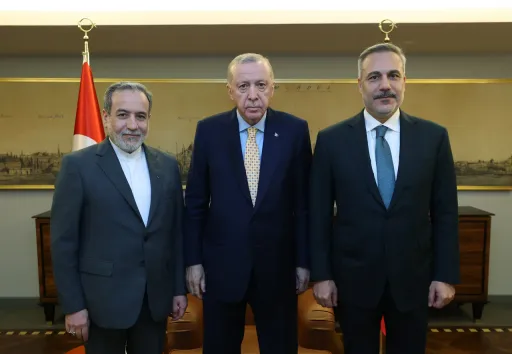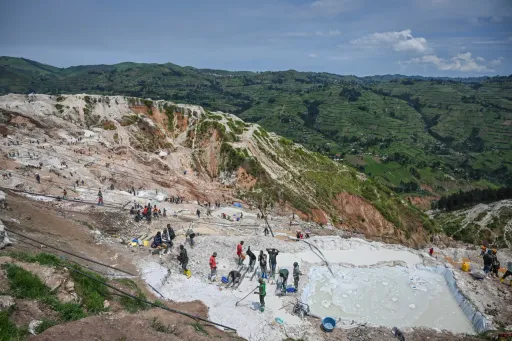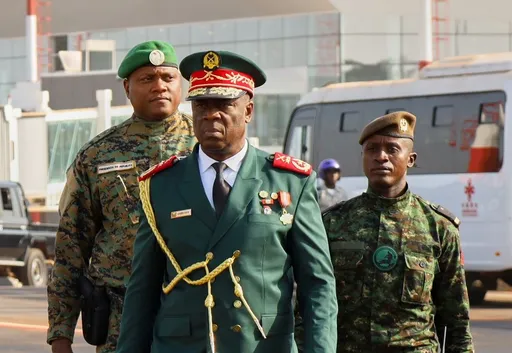Nigerian President Bola Tinubu declared on Wednesday that the “worst is over” following a series of economic reforms that drew criticism for worsening economic hardships.
In a national address marking Nigeria’s 65th Independence Day, Tinubu defended his administration’s decision to scrap fuel subsidies and unify the foreign exchange rate - moves that triggered inflation and widespread public anger but, he said, were necessary to “reset” the economy.
“Less than three years later, the seeds of those difficult but necessary decisions are bearing fruit,” Tinubu said.
He cited second-quarter GDP growth of 4.23% - the fastest in four years - and a decline in inflation to 20.12% in August, the lowest in three years.
Trade surpluses
Tinubu also pointed to five consecutive quarters of trade surpluses, a rebound in oil production to 1.68 million barrels per day, and a rise in external reserves to $42.03 billion - the highest since 2019.
The president said the government had disbursed 330 billion naira ($222.90 million) to eight million vulnerable households under its social investment programme and was expanding infrastructure across rail, roads, airports, and seaports.
However, critics questioned the transparency of the cash transfer scheme.
‘Racing against time’
“We are racing against time,” Tinubu said, even as critics including opposition party leader Peter Obi argue that his spending priorities have not matched the scale of the country’s humanitarian and economic challenges.
The speech comes amid growing labour unrest over the recent dismissal of 800 workers at the privately owned Dangote Oil Refinery for unionising.
The dispute has disrupted power supply and could threaten the oil production gains touted by Tinubu.






















